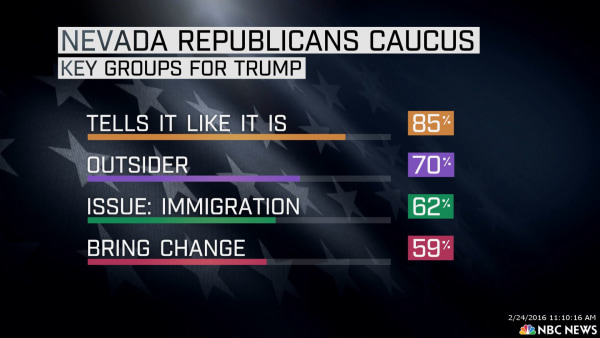@Jacob "Was democracy, human rights, respect for the individual, some aberration that held only between years 1875 and 2025 (depending on how you count?) "
I hope not and think Gwynne Dyer's got it about right:
"The default mode for human beings is equality. Every pre-civilized society we know about operated on the assumption that its members were equals. Nobody had the right to give orders to anybody else.
What drove this was not idealism but pragmatism. In hunting-and-gathering groups, nobody can own more than they can carry, so there is no way to accumulate wealth. If you want meat, then you’ll have to cooperate in the hunt. These were societies where nobody could control anybody else, and so they had to make their decisions democratically.
They were all very little societies: rarely more than 50 adults (who had all known one another all their lives). On the rare occasions when they had to make a major decision, they would actually sit around and debate it until they reached a consensus. Direct democracy, if you like.
People have been running their affairs that way ever since we developed language, which was almost certainly before we were even anatomically modern human beings. So 99.9 percent of our history, say. That is who we are, and how we prefer to behave unless some enormous obstacle gets in our way.
The enormous obstacle was civilization. All hunting-and-gathering societies were essentially egalitarian. The mass societies that we call civilizations arose less than 10,000 years ago, thanks to the invention of agriculture. Until very recently all of them, without exception, were tyrannies, pyramids of power and privilege in which the few decided and the many obeyed. What happened?
A mass society, thousands, then millions strong, confers immense advantages on its members. Within a few thousand years the little hunting-and-gathering groups were pushed out of the good lands everywhere. By the time the first anthropologists appeared to study them, they were on their last legs, and none now survive in their original form. But we know why the societies that replaced them were all tyrannies.
The mass societies had many more decisions to make, and no way of making them in the old, egalitarian way. Their huge numbers made any attempt at discussing the question as equals impossible, so the only ones that survived and flourished were the ones that became brutal hierarchies. Tyranny was the solution to what was essentially a communications problem.
Fast forward 10,000 years, and give these societies mass communications. You don’t have to wait for Facebook; just invent the printing press. Wait a couple of hundred years while literacy spreads, and presto! We can all talk to one another again, after a fashion, and the democratic revolutions begin. We didn’t invent the principle of equality among human beings; we just reclaimed it.
Modern democracy first appeared in the West only because the West was the first part of the world to develop mass communications. It was a technological advantage, not a cultural one—and as literacy and the technology of mass communications have spread around the world, all the other mass societies have begun to reclaim their heritage too."
Gwynne Dyer -
http://www.straight.com/article-377078/ ... cracy-west